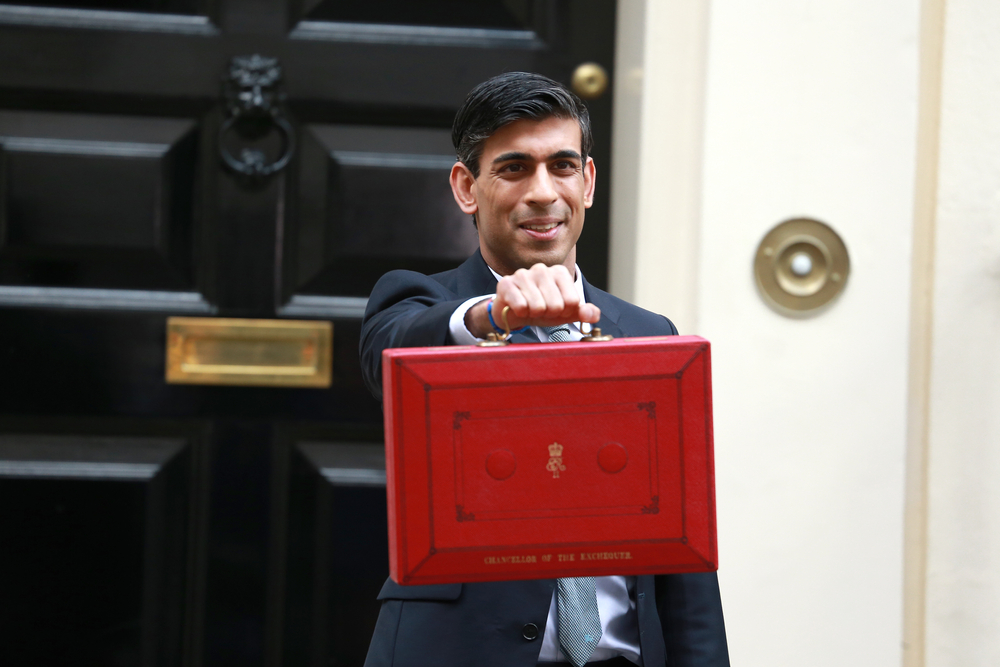
It has been a hugely challenging 12 months for businesses around the world. And for those in the UK, Brexit has added further headaches to the major issues posed by the coronavirus pandemic.
Last month, One World E-commerce commissioned a survey of more than 750 UK businesses –almost two thirds (63%) of them said that 2020 was the hardest year in their history.
The Government did offer cause for optimism when a trade deal was agreed with the EU at the eleventh hour. In reality, however, the last-minute agreement gave businesses little time to make practical preparations for significant changes to import and export processes. Tellingly, One World E-commerce’ aforementioned research found that just 36% of British companies were satisfied with the trade deal.
Sure enough, new administrative processes, VAT rules and clearance regulations have all taken a toll on UK supply chains already.
Our study presented some more alarming results, though. For one, 25% of the companies we surveyed said they do not believe they will survive until the end of 2021, while 36% doubt they will still be around by 2026. It is a stark illustration of the strain Brexit and COVID-19 have had, and how this has eroded businesses’ confidence.
Adapting to post-Brexit processes
Despite worries about the future, One World E-commerce’ research suggests that organisations are beginning to understand the impact of Brexit on their business.
The study found that 51% of British business leaders feel that they have a good grasp on exactly how the UK’s trade deal with the EU will affect them.
Optimistically, more than six in ten (61%) of companies are confident that their practices can be easily be adapted to post-Brexit life, while 56% plan to maintain ties with their current EU trading partners.
Such figures certainly suggests that, once the initial shock of Brexit has passed, businesses will be able to maintain a strong trading relationship with their EU counterparts and successfully adapt to post-Brexit life.
Exploring new trading opportunities
Importantly, British businesses have shown they are willing to overlook additional costs and complications in order to maintain trading relations with EU-based partners. After all, the geographical convenience and opportunities within the Single Market are too significant to ignore.
That said, companies are also prepared to explore trading opportunities further afield. According to One World E-commerce’ survey, 45% of UK business leaders are keen to expand into international markets outside of the EU over the coming years.
Indeed, there are plenty of opportunities to consider. For example, there is growing demand for “Brand UK” products in South East Asia, thanks to their reputation for high quality. Within this market, there is a notable proportion of non-price sensitive buyers, leaving plenty of scope for UK traders to charge a premium on their exports.
India is also showing promise, due to its ecommerce ‘explosion’, thereby allowing UK organisations to easily expose their products to this new market via online market places. Trade ties are “deepening” here, according to the UK government, and a deal is expecting in the near future.
Whilst the current dip in confidence among British businesses is understandable, evidence suggests there are reasons for optimism. Not only are companies beginning to come to terms with changes driven by Brexit but, more importantly, they are starting to adapt their practices and trading preferences accordingly.
Whether they choose to focus on maintaining existing EU trading relationships, or pursue opportunities in other parts of the world, it is clear that that British companies are capable of growing and thriving over the years to come.